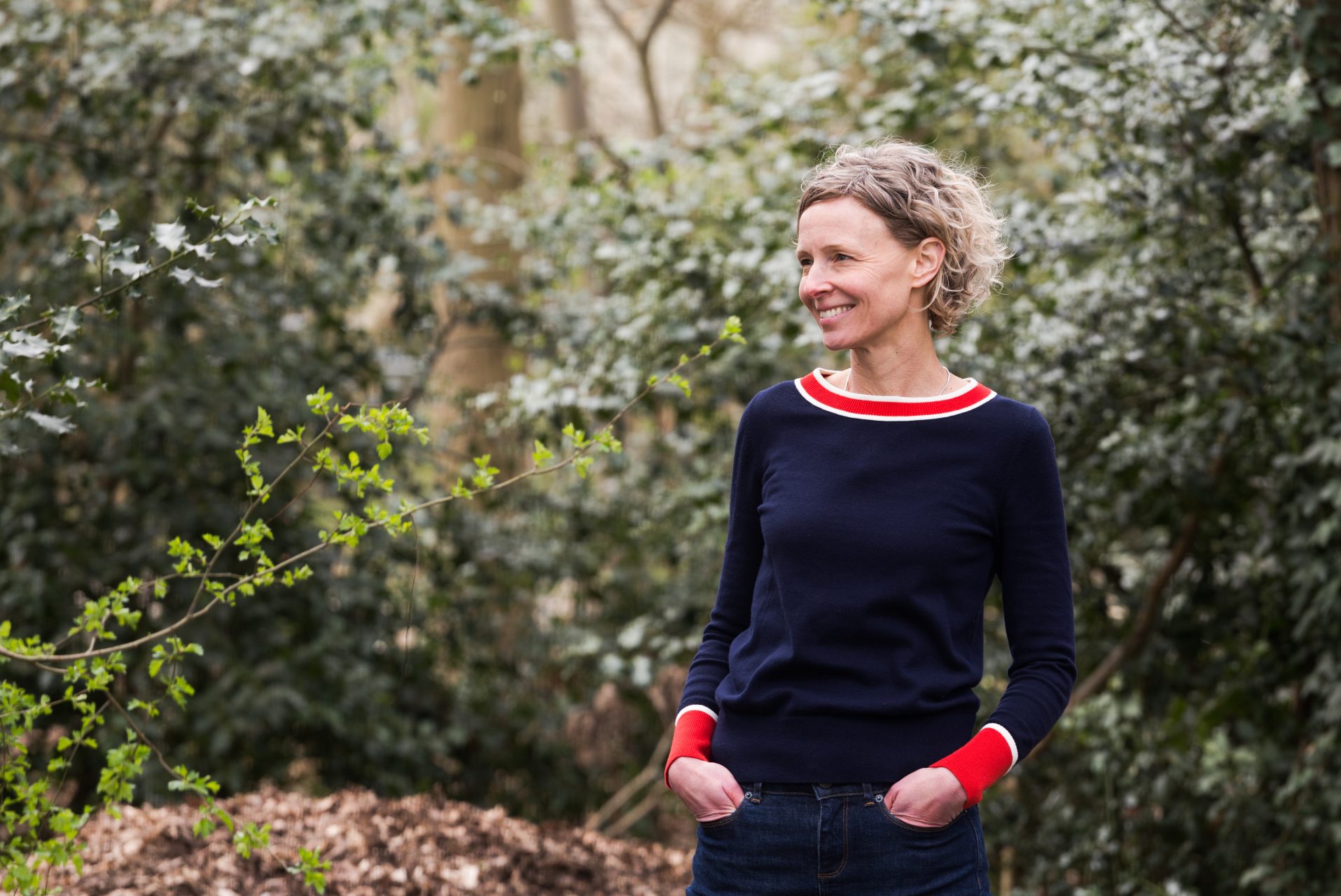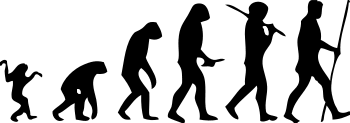
The School of Anthropology and Conservation’s very own Professor, Tracy Kivell, recently made an appearance, in the form of a podcast, for The European Research Council (ERC).
Within this podcast she discusses her research in Biological Anthropology and Paleo-Anthropology, and experience in working alongside The GRASP Project and The European Research Council (ERC).

Professor Kivell starts off by highlighting that the human hands are very unique, and in fact we do not understand fully why our hands have evolved. The best comparison we have, to partially explain human hand evolution is, according to Professor Kivell, comparing human wrists to the wrists of Apes. But even so, this comparison is still limited, as we need to focus on more adaptable parts of the human skeleton.
However, the importance of studying the hand, in relation to human development, was bolstered in 2010 when, in South Africa, a nearly complete human hand was discovered which was over 2 million years old. This discovery allowed the comparison between modern day hand structures and ancient hand structures. Proving to be a huge milestone.
Professor Kivell then moves on to talk about her experiences working with The GRASP Project. She pays credit to the importance of spine mechanics in the project, alongside 3D Imaging and Experimental Biomechanical Methods, to allow us to fully understand how Humans have interacted with their environment throughout history.
The podcast is then finished by discussing The European Research Council, and how multidisciplinary perspectives and questions are useful in understanding the evolution of Humans. Going to show that whether you are a Human Geographer or Anthropologist, you can make an impact on the research of Human Evolution.
Needless to say, this podcast is worth a listen to, no matter what you specialise in. It will take up less then 4 minutes of your time and will give you a brief rundown in Paleo-Anthropology.
Check it out here.

